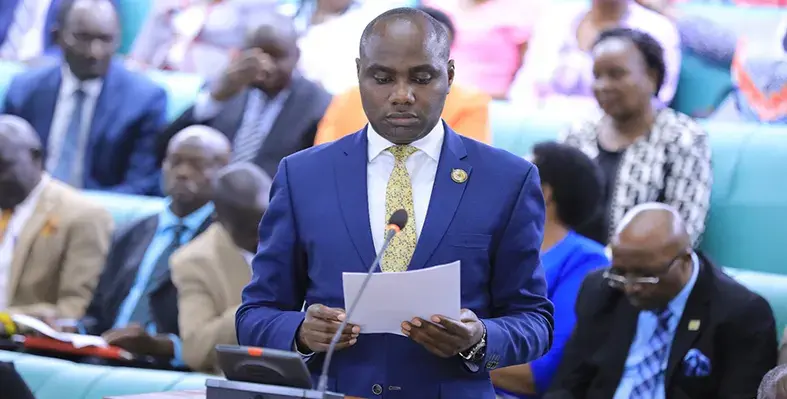In order to facilitate the transfer of funds from rationalised government agencies to the receiving institutions, Uganda's parliament has approved a supplementary budget amounting to US$154,237
The supplementary expenditure schedule No.2 for the financial year 2024/2025 was presented by the Minister of State for Finance, Planning and Economic Development (General Duties), Henry Musasizi 6 February. The Ministry of Agriculture, Animal Industry and Fisheries will receive US$4202.96 for recurrent expenditure and US$334.18 for development.
Musasizi said that the funds will implement projects under the Dairy Development Agency, National Agricultural Advisory Services, Cotton Development Organisation and Uganda Coffee Development Agency. On the other hand, the Uganda Free Zones and Export Promotion Authority has been allocated US$295.62 for development, US$110.41 under statutory to cater for contract gratuity and National Social Security Fund for staff as well as US$1131.07 for recurrent expenditure.
The National Planning Authority, National Identification Registration Authority and Ministry of Water and Environment equally benefited from the US$154,237 supplementary. “Supplementary Expenditure Schedule No.2 will be funded using unreleased resources that had been appropriated to the rationalised votes,” Musasizi said. The House suspended Rule 153 to allow the supplementary request to be approved without its estimates being committed to the Budget Committee.
This followed a a motion moved by the Government Chief Whip, Dennis Hamson Obua. A section of lawmakers however, opposed the motion, with Jonathan Odur, UPC of Erute County South highlighting that suspending Rule 153 would be unconstitutional. Deputy Speaker Thomas Tayebwa guided that the funds in question are already available, saying that approval of the supplementary request is aimed at completing the process of rationalisation of government agencies. The parliament has passed several Bills, merging several government agencies following the government’s policy on Rationalisation of Government Agencies and Public Expenditures (RAPEX).




